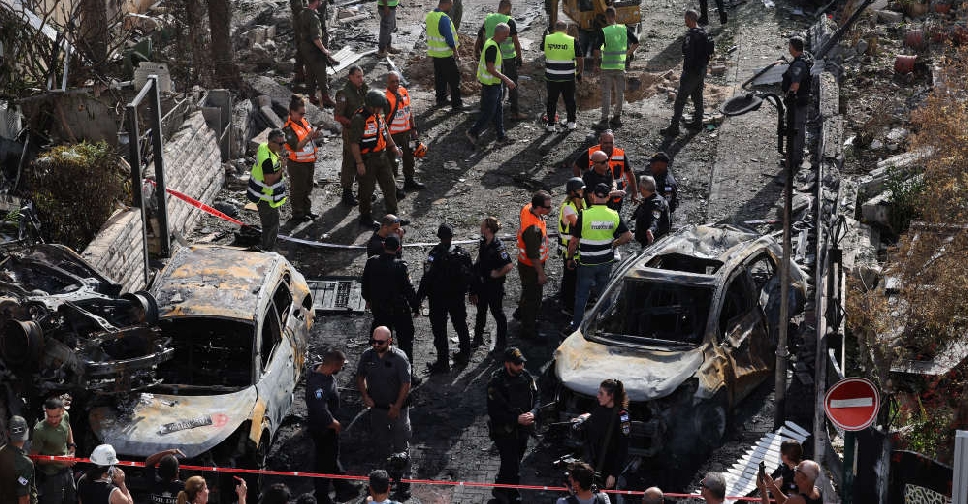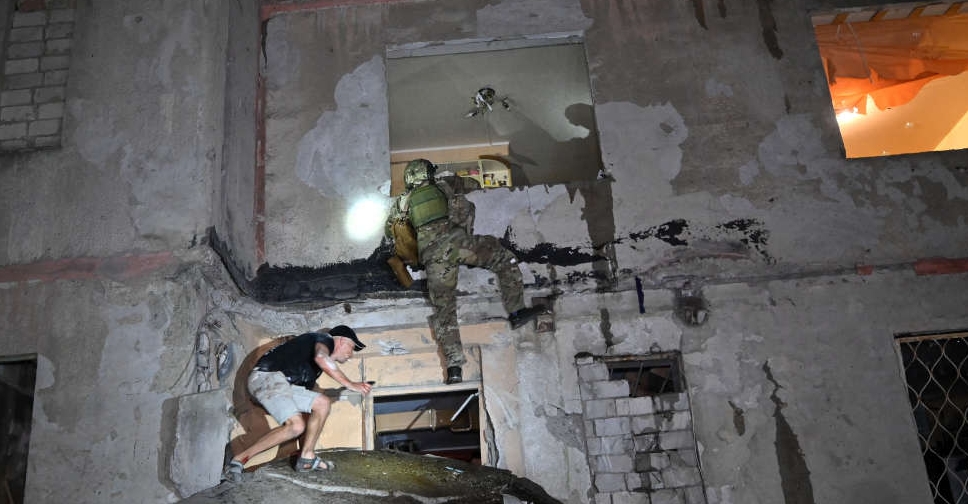
An Israeli airstrike killed seven people in a school sheltering displaced families in Gaza City on Sunday, Palestinian health officials said, with the Israeli military saying it had targeted Hamas fighters operating from the compound.
The strike hit Kafr Qasem School in Beach camp at around 11:00 a.m. (0800 GMT), the officials said. Among those killed was Majed Saleh, the director of the Hamas-run Public Works and Housing ministry, they added.
Israel's military said the strike targeted Hamas, and that it had used aerial surveillance and taken other steps to limit the risk to civilians.
Hamas has regularly denied Israeli accusations that it uses hospitals and other civilians buildings for military purposes in the near year-old war.
The attack and other reported violence in Gaza came amid a surge of strikes further north between Israel and Hezbollah across the border with Lebanon - a parallel conflict that had stoked fears of wider regional unrest.
Six other Palestinians were killed in separate airstrikes in central and southern parts of Gaza, the medics said. They put the number of Palestinians killed in Israeli strikes so far on Sunday at 16.
In Rafah, near Gaza's border with Egypt, residents said Israeli tanks advanced towards the western parts of the city, where the army has operated since May, and took positions over some hilltops overseeing the coastal road.
Israel's demands to keep control of the southern border line between Rafah and Egypt have been a major sticking point in internationals effort to conclude a ceasefire deal between Israel and Hamas.
Hamas said its fighters have mounted several attacks against Israeli forces in Rafah, firing anti-tank rockets and detonating bombs in houses where Israeli troops had taken positions.
In a statement on Saturday, the Israeli military said its forces have killed dozens of fighters in recent weeks and dismantled military infrastructure and tunnel shafts.
On Sunday, Gaza's health ministry warned that all services in all hospitals could halt in 10 days because of the shortages in essential spare parts, and oil needed to operate the fuel-powered generators.
 Sri Lanka's Dissanayake declared president-elect
Sri Lanka's Dissanayake declared president-elect
 Four killed, dozens injured in Alabama mass shooting
Four killed, dozens injured in Alabama mass shooting
 At least 51 dead in Iran coal mine blast
At least 51 dead in Iran coal mine blast
 Hezbollah, Israel exchange heavy fire after deadly Israeli strike
Hezbollah, Israel exchange heavy fire after deadly Israeli strike
 Russian strike on apartment block in Kharkiv injures 21
Russian strike on apartment block in Kharkiv injures 21




